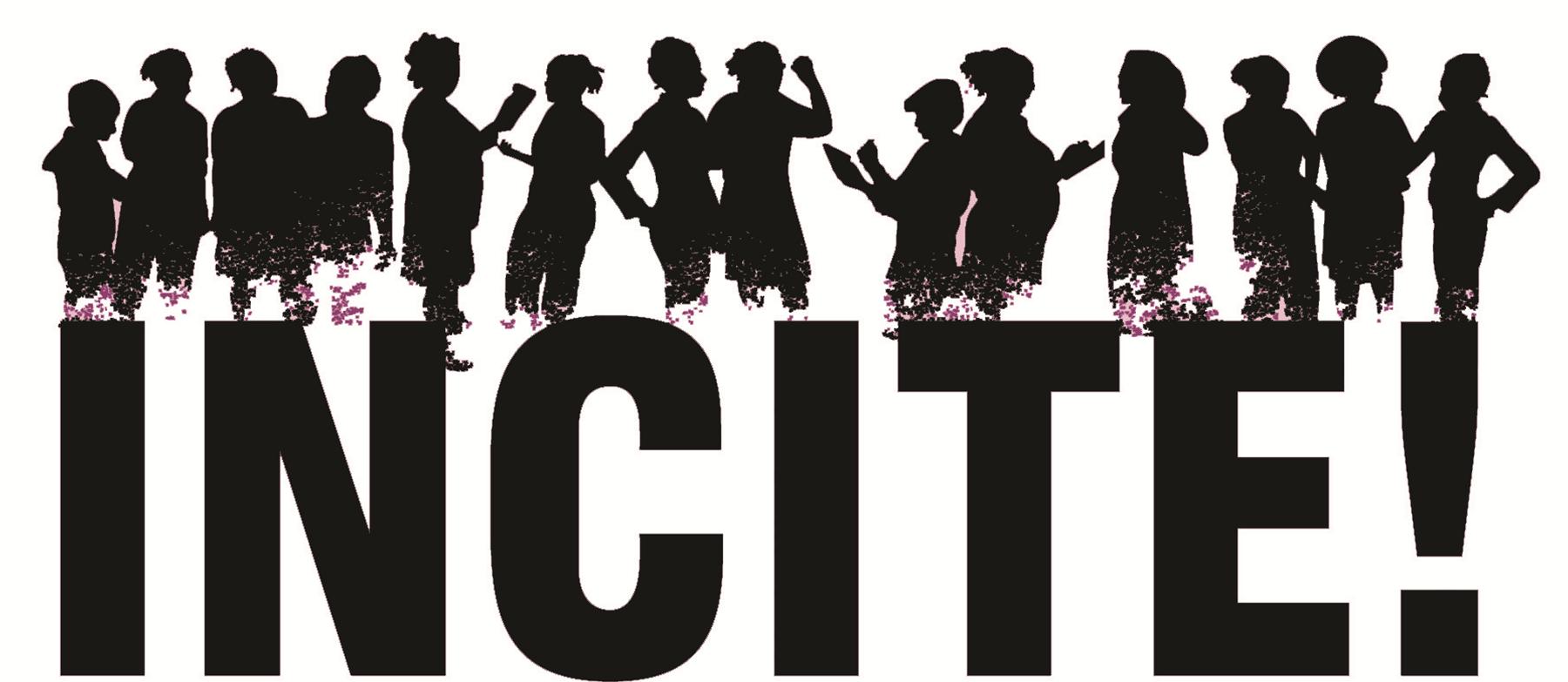Law Enforcement Violence
Law enforcement violence against women of color and trans people of color is largely invisible in discussions about police brutality. Similarly, discussions about “violence against women” rarely, if ever, meaningfully address violence perpetrated by law enforcement officers. As a result, police brutality against women of color and trans people of color is often unacknowledged, leaving our voices largely unheard and our experiences unaddressed.
Yet since the arrival of European colonists on this continent and the creation of slave patrols — the first state-sponsored law enforcement agencies in the U.S. — Native, Black, Latina, Asian, and Arab women and girls have been and continue to be harassed, profiled, strip searched, body cavity searched, raped, beaten, and murdered by agents of the state on a systematic basis. Such abuses remain widespread and entrenched across the country, in the context of the “war on drugs,” policing of sex and sex work, the “war of terror,” “quality of life,” “zero tolerance” and “broken windows” policing.
In addition to breaking the silence around law enforcement violence against women of color and trans people of color, we focus on violence by police and other law enforcement agents for two main reasons:
- First, to foreground the central role of law enforcement in the prison-industrial complex – they represent the front lines of the criminal injustice system, and are often primarily responsible for determining who will be targeted for heightened surveillance and policing, enforcing systemic oppressions based on race, gender, gender identity and expression, sexual orientation, immigration status, class and ability, and feeding people into the prison-industrial complex.
- Second, because mainstream responses to violence against women have relied almost exclusively on the police to protect us from violence, when in fact, police not only often fail to protect women of color and trans folks of color from interpersonal and community violence, they often perpetrate further violence against us, including when responding to calls for help.
